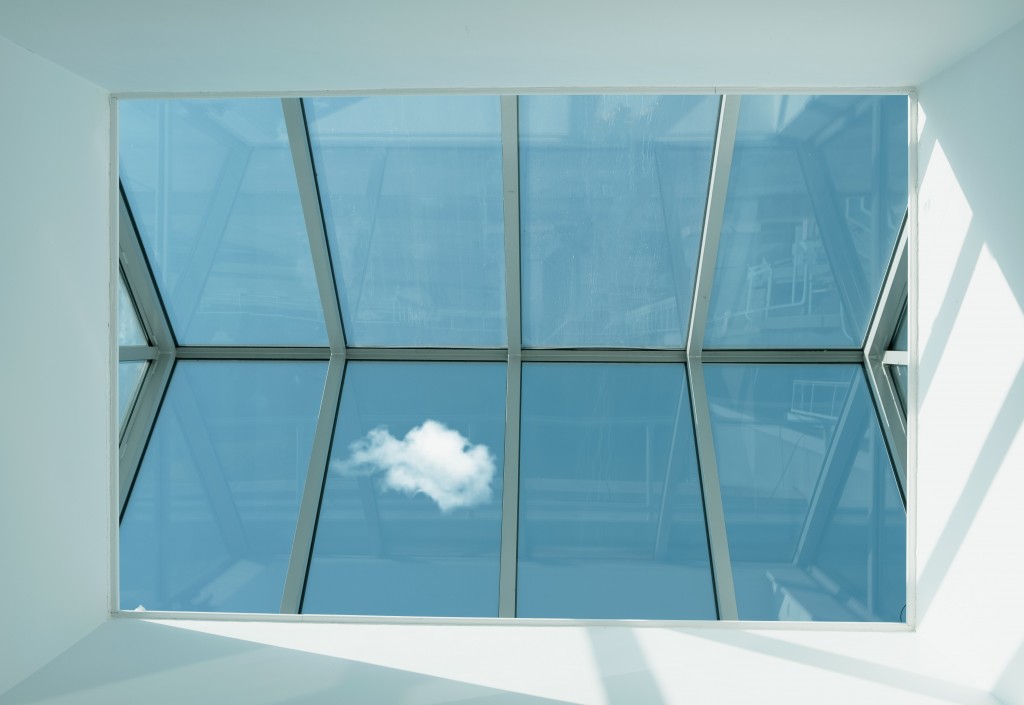-
Lot Size18,296 sqft
-
Home Size2,733 sqft
-
Beds4 Beds
-
Baths3 Baths
-
Year Built2003
-
Days on Market3
Guide to Adding Skylights to Your Home
- Real Estate Tips
- December 31, 2019
 Adding a skylight to your home can dramatically alter the feel. Skylights can increase the value of your home, as they are a feature most homeowners appreciate. But before you decide to get skylights installed, it’s important to consider the pros, cons, and the cost.
Adding a skylight to your home can dramatically alter the feel. Skylights can increase the value of your home, as they are a feature most homeowners appreciate. But before you decide to get skylights installed, it’s important to consider the pros, cons, and the cost.
Pros of Getting a Skylight
There are many perks of getting a skylight installed in your home, such as:
- They let in copious amounts of natural light
- Help homeowners save on electricity
- Give the illusion of higher ceilings
- Allow extra warmth from sunlight
- Allow for better air ventilation
- Great for seasonal depression
Cons of Getting a Skylight
While skylights offer homeowners many benefits, there are also some cons to think about:
- Higher energy costs (if installed incorrectly or of lower quality)
- Costly (typically anywhere from $450 to $1,500)
- Sun glare (may cause fading)
- Potential leaks
What Type of Skylight to Get?
Much like any other type of window, there are some decisions you have to make. There are three types of skylight windows: ventilating, fixed, and tubular.
Ventilating skylights can be opened to allow ventilation through manual or electric operation. This type of skylight is ideal for rooms that have excess moisture, like bathrooms or kitchens.
Fixed skylights do not offer ventilation as they cannot be opened. The windowpanes are fixed, so they provide sunlight and sky views without the extra cost of functionality.
Tubular skylights are best used in small spaces as the amount of sunlight allowed is slight. You can install these in closets, foyers, and hallways. This is the easiest type of skylight to install, and thus the least costly.
What Type of Skylight Window Glazing to Get?
The actual skylight window itself can vary by material. There are three main types of glazing for windowpanes: plastic, glass, and solar heat control. Each option has different durability standards and costs.
Plastic glazing is the most inexpensive window coating. It isn’t prone to breaking, which is great! However, plastic glazing can scratch easily, and over time the window may become discolored. Fading is also common, as plastic glazing allows more ultraviolet light into the home.
Glass glazing is on the higher end because it is highly durable. Unlike plastic glazing, glass does not get discolored. The glass is also usually made to be resistant to impact.
Solar heat control glazing is great for a few reasons. During the summer, solar glazing limits the amount of heat your home gets and it reduces heat loss in the winter. This is possible due to insulated glazing, low emissivity coatings, and heat absorbing tints.



